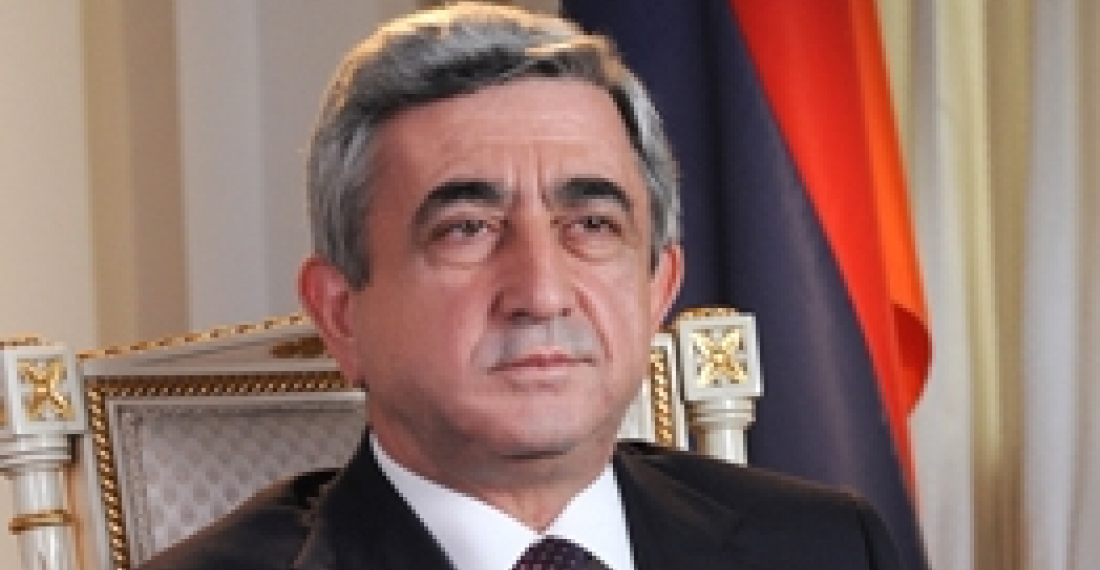The Soviet authorities' decision to transfer Nagorny Karabakh to Azerbaijan led to the fact that Armenia
became one of the territories wherefrom the collapse of the Soviet Union started, President of Armenia Serzh Sargsyan said in an interview with The Moscow News newspaper.
"At the flood of the Soviet power the Caucasus Bureau of the Communist Party of the Soviet Union adopted a decision to transfer the historical regions of Armenia -Nagorny Karabakh and Nakhijevan to Azerbaijan. We, and first of all the Karabakh people, have never agreed with that. They in Karabakh constantly protested against that illegal decision. Under Gorbachev, perestroika (restructuring) the protest became more objective," Sargsyan said.
Commenting on the basic achievements for the 20 years of Armenia's independence, Sargsyan highlighted stability.
"Alongside with problems of transition from planned to market economy, we had to provide security to the population. Azerbaijan unleashed war, Turkey supported Azerbaijan, and there was a civil war in Georgia. In such conditions, it was a very difficult task to supply the population even with basic foods," the President said.
President of Armenia:
President of Armenia:







